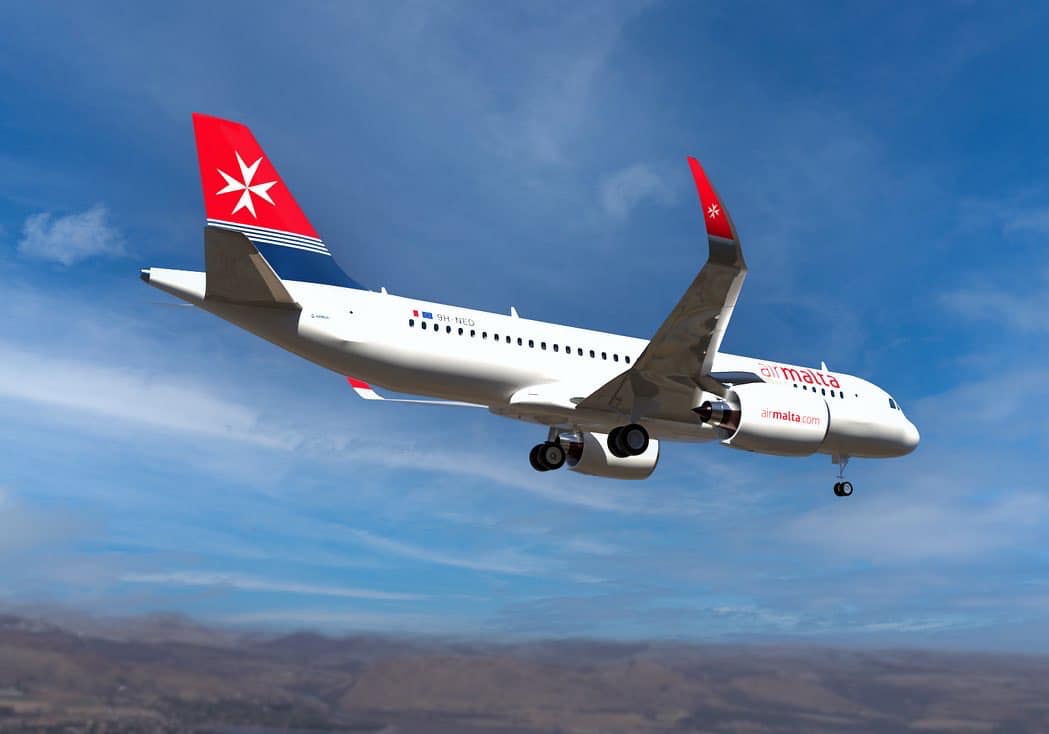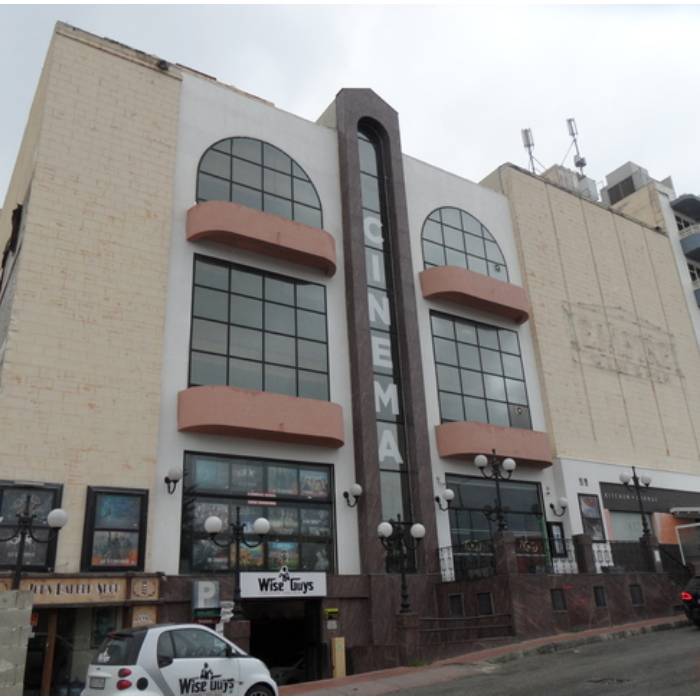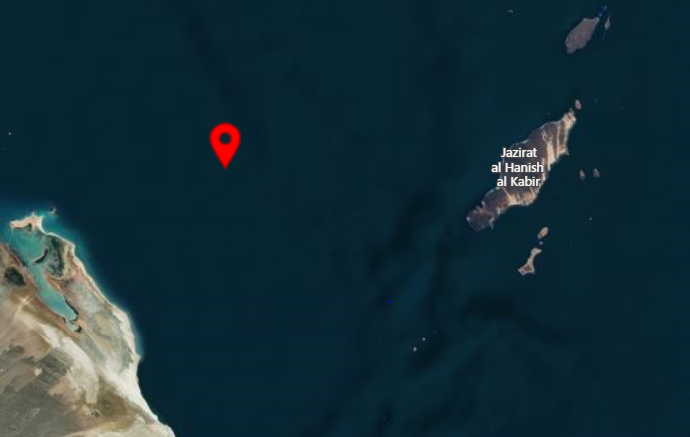Air Malta will stop operations on 30th March 2024. Its replacement will start operating from the next day.
The news was shared by Prime Minister Robert Abela and Minister for Finance Clyde Caruana during a press conference held on Monday 2nd October (today).
During the event, they shared, for the first time, more information about the new airline.
Prime Minister Abela highlighted the difficulties of the pandemic and the challenge of having a small airline compete with large ones.
“We don’t want a Malta that is entirely dependent on foreign carriers,” he said. “We must retain control over a national airline that serves the needs of our country on every level – strategically and economically.”
He said that the European Commission was pushing for a smaller fleet, but the Maltese negotiating team successfully argued against a downsizing.
The new airline is expected to carry marginally more passengers, keep the strongest routes, and employ the same number of workers as the current Air Malta.
The Finance Minister sought to allay the concerns of passengers, workers and creditors, and gave a detailed breakdown of the plans for the new airline.
He explained that over the last 20 years, Air Malta accumulated losses of €356 million losses, with negative equity of €120 million.
He also highlighted the high salary costs of the airline, saying that in 2019 wages cost the aircraft €48 million to operate 10 aircraft. However, it will now spend €22 million to run eight aircraft.
The new airline
The new company will begin operating on 31st March 2024, with the European Commission approving an investment of €350 million by the Government.
It might yet retain the Air Malta name and brand, currently owned by the Goverment – but it will have to bid for it in a competitive tender process.
It will buy back the landing slots of Heathrow and Gatwick.
It will also retain the ideal headcount of 375 employees it currently has.
Once it is able to stand up on its own two feet, the company will be “partially privatised”. This may involve the issuing of shares or bringing on board a strategic partner, with the intention being of having “a company attitude that is totally different to that in the past.”
However, the Government is committed to retaining a controlling shareholding.
From November, passengers who bought tickets for after 31st March 2024 will be able to apply for a refund.
Meanwhile, from December, tickets for the new airline will become available.
Routes
The new airline will operate 17 routes:
- Amsterdam
- Berlin
- Brussels
- Catania
- Dusseldorf,
- Gathwick
- Heathrow
- Lyon
- Madrid
- Milan (Linate)
- Munich
- Paris, Charles de Gaulle
- Paris, Orly
- Prague
- Rome
- Vienna
- Zurich
Routes to Palermo, Nice, Naples, Tel Aviv, Geneva and Lisbon will be terminated.
Path to profitability
Higher seat load factors make up a significant part of the plan to achieve profitability.

The Minister also showed forecasts for the years to come, indicating that the airline will turn a profit each year.

Minister Caruana insisted that “every time an airplane takes off, it needs to generate a profit.” He presented a breakdown of the income and expenditure associated with every flight before and after the restructuring – pointing out that every flight used to lose Air Malta over €4,000. The new airline will however generate over €2,800 per flight.


A bittersweet farewell
Air Malta has long had a special place in Maltese hearts, for strategic, business and sentimental reasons.
It was established in 1973, with its first flight taking off the following year. Initially, the airline operated routes to and from Rome, London, Manchester, Paris, Frankfurt and Tripoli.
The flag carrier was once a crucial player in Malta’s tourism sector, although the arrival of new competition in the form of low-cost carriers meant that its importance in this sector dwindled over time.
Nonetheless, Air Malta remained a vivid part of Brand Malta, for foreigners and locals alike. Expats could get discount tickets when coming to Malta to vote. During the COVID-19 pandemic, it was Air Malta that operated emergency flights as and when needed to relocate Maltese citizens stuck abroad. And it was Air Malta that helped evacuate thousands of Maltese and Chinese citizens when civil war broke out in Libya.
A financial burden
For well over a decade, however, the airline has been a burden on the Maltese taxpayer, registering large losses year after year.
In 2012, the Maltese Government obtained the go-ahead from the European Commission to inject €130 million in a bid to save the troubled company.
The plan was not a complete failure, leading to a reduction in annual losses by the airline from €65.9 million in 2011 to €4.4 million in 2016. Under the terms of the plan, the company should have hit break even by 2015 and registered a nominal profit by 2016 – targets that were ultimately not met.
Some of the blame can be apportioned to factors entirely outside Air Malta’s control. The annual report for 2015 notes that the loss of traffic on its Libyan and Russian routes due to civil war and sanctions following Russia’s annexation of Crimea contributed to a deterioration in its operating loss by €11.2 million.
The business plan draw up that year, however, was however quite accurate. It projected a return to profitability by 2018 – a target which was achieved.
No accounts have been published since financial year 2018. However, the COVID-19 pandemic is understood to have hit Air Malta about as badly as it did other airlines.
The wind-up and replacement with a new airline follows the Maltese Government’s failure to convince the European Commission of its plan to inject €290 million into the beleaguered airline in a bid to turn it around.
Buġibba’s Empire Cinema to be transformed into 167-bedroom hotel
St Paul Bay's local council had objected to the plans
Malta-flagged container ship targeted by missiles close to Yemen’s Mokha, British security firm says
Attacks by Iran-aligned Houthi group have had major impacts on global shipping
Employment growth set to halve to 3.2% in 2024 due to slowdown in economic activity – Central Bank
The Central Bank of Malta states that Malta’s labour force grew by 5.1% in the first nine months of 2023






